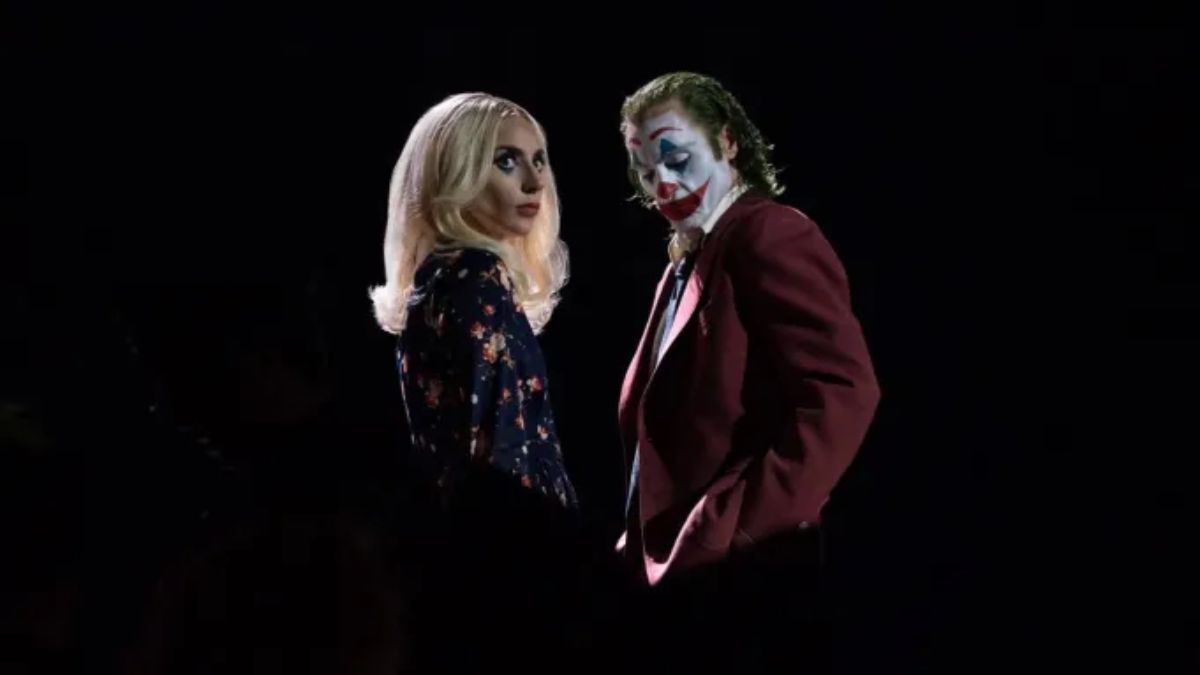Warner Bros. is grappling with an underwhelming performance at the box office this weekend as the highly anticipated sequel, Joker: Folie à Deux, struggles to capture the success of its predecessor. Despite high expectations, the film earned only $40 million in its domestic debut, according to studio estimates on Sunday, a far cry from the $96.2 million that the original Joker brought in during its 2019 opening.
The follow-up to Todd Phillips’ 2019 Joker which became a cultural phenomenon and grossed over $1 billion worldwide is already proving divisive among critics and audiences alike. This early reception suggests a rocky road ahead for the sequel as it tries to recover from a soft opening.
Adding to the film’s woes, Folie à Deux received a disappointing grade of D from CinemaScore, a rare mark for a major comic book movie. The original Joker, by comparison, earned a solid B+. Even Madame Web, a critically panned Marvel film released earlier this year, managed a C+. Audience scores on Rotten Tomatoes tell a similar story: Folie à Deux holds a low 31% approval rating, a stark drop from the 89% the first film enjoyed.
Joker: Folie à Deux, A Risky Move That Didn’t Pay Off
In a market dominated by interconnected superhero universes, Joker in 2019 stood out for its standalone approach, offering a dark, gritty take on the iconic Batman villain. The film’s bold creative choices and Joaquin Phoenix’s haunting portrayal of the Joker catapulted it to commercial success, making it the highest-grossing R-rated movie of all time a title it held until 2024, when Deadpool & Wolverine claimed the record.
The sequel, however, has taken even bigger risks, which may not have resonated with audiences. Folie à Deux sees Phoenix’s Joker on trial for the murders he committed in the original film, with a storyline that introduces Lady Gaga as Lee Quinzel, a new love interest. In a surprising—and polarizing—twist, Phillips turned the film into a musical, weaving in covers of well-known songs throughout the narrative.
While the first Joker divided critics, reviews for Folie à Deux have been more overtly negative. The film premiered at the Venice Film Festival to lackluster reactions, with many critics arguing that Gaga’s talents were underutilized and that Phillips leaned too heavily on elements from the original. The musical sequences and a controversial ending further alienated audiences, dampening its box office momentum.
Joker: Folie à Deux’s Diminished Awards Buzz
As Folie à Deux struggles to find its footing, any hope for the film to repeat its predecessor’s success at the Academy Awards seems increasingly unlikely. The original Joker dominated the 2020 Oscars with 11 nominations, the most of any film that year, including a win for Phoenix as Best Actor and another for Best Original Score. But with weak reviews and box office numbers, Folie à Deux may have a much quieter awards season.
The film’s disappointing debut also adds to Warner Bros. and DC’s ongoing financial troubles. In recent years, DC has faced a string of box office flops, including 2023’s The Flash, which also failed to generate excitement among moviegoers.
A New Era for DC After Joker: Folie à Deux?
In a bid to turn things around, Warner Bros. brought in James Gunn and Peter Safran as heads of DC Studios in 2022. The duo is spearheading a new vision for the DC Universe, with a much-anticipated Superman reboot slated for 2025. While Phillips is unlikely to direct future DC films, his foray into a more experimental direction with Folie à Deux suggests the studio is still navigating how to balance bold storytelling with the mainstream appeal required to drive box office success.
Whether Warner Bros. and DC can regain their footing remains to be seen, but for now, Joker: Folie à Deux serves as a cautionary tale about the risks of high-concept filmmaking in an industry where box office returns are as critical as creative ambition.


